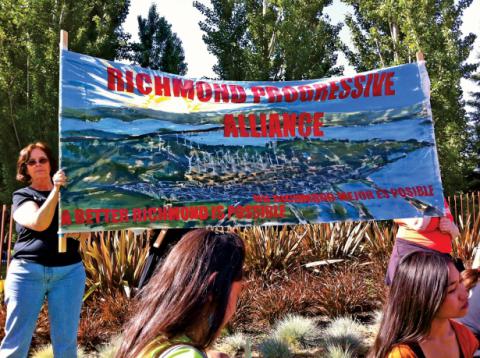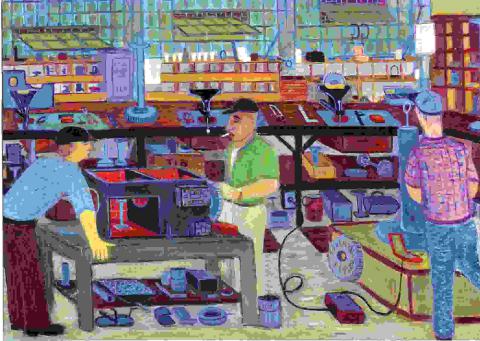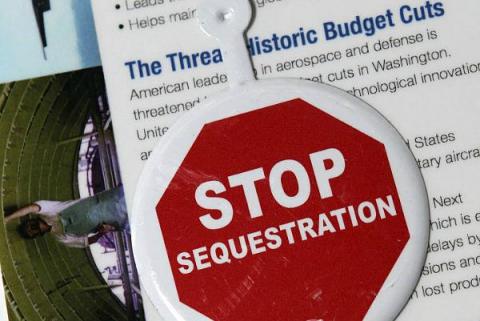Can Big Oil Retake Richmond?
The Nation

Mike Parker, a key Richmond Progressive Alliance (RPA) organizer who spent thirty-two years as a union reformer and skilled tradesman in Detroit, is leading a citywide slate of progressive candidates in a run for Mayor. Now, as municipal elections loom in the fall, the business community—led by America’s third-most-profitable company, Chevron—wants to make a political comeback by defeating those who've curbed its influence.









Spread the word